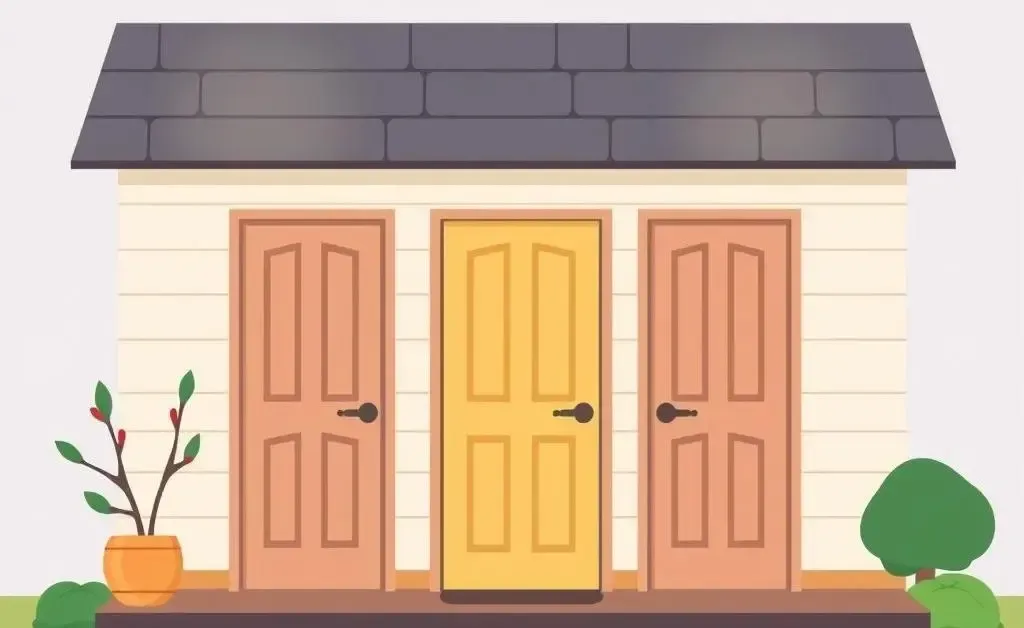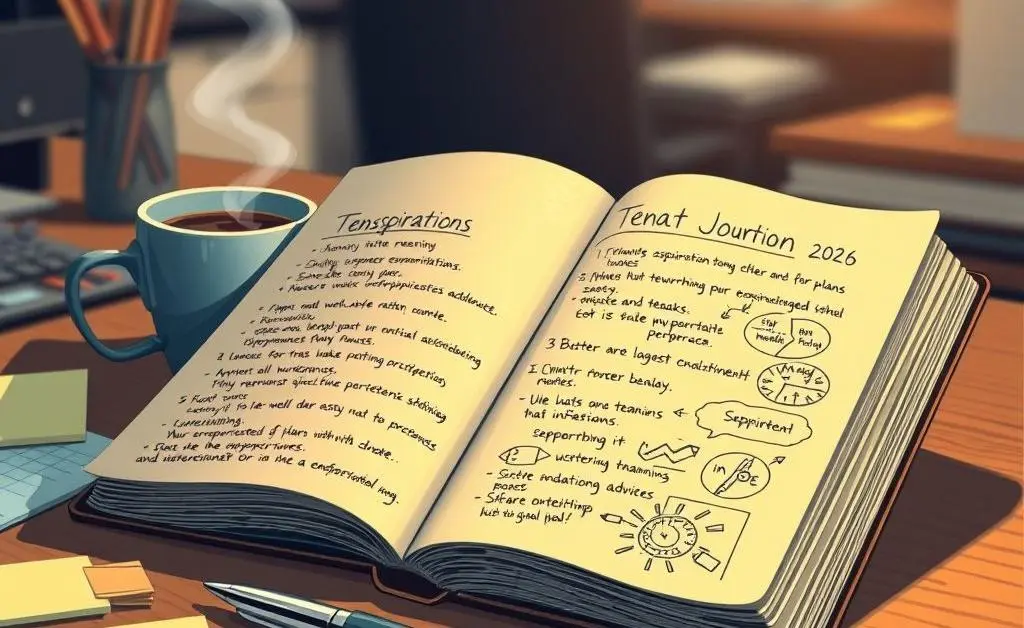Navigating Tenant Rights: What To Do When Your Privacy is Compromised
Discover how to handle privacy breaches in rental homes effectively.

Have you ever come home, expecting the usual comfort and privacy, only to find out that someone had been there without your consent? In the world of rentals, this can be a reality some tenants face, often leading to a whirlwind of emotions and questions.
Understanding Tenant Rights and Privacy
Your home is your sanctuary, and it should feel secure. When boundaries are crossed, it's important to know what rights protect you. Let's explore what measures you can take to ensure your privacy isn't compromised.
Recognizing When Your Privacy is Breached
Whether it's unexpected visits or key access without notice, recognizing a breach is the first step. Common signs include signs of entry, missing personal items, or even notes left behind by an unexpected visitor.

Steps to Take After Discovering a Breach
- Stay Calm: Before confronting the situation, take a moment to assess everything calmly. Take notes of any changes or missing items.
- Document Everything: Make a detailed record of what you noticed. Consider taking photographs to support your documentation.
- Review Your Lease Agreement: This document often contains critical details about notice requirements and your legal protections.
Communicating With Your Landlord
Once you've gathered your facts, it's time to address the issue with your landlord. Approach the situation with an open mind and aim for a friendly conversation.

Start by expressing your concerns calmly. Highlight the importance of feeling safe and respected in your home. Most landlords will appreciate a cordial approach and may be eager to resolve the issue.
When to Seek External Help
If the situation persists or the landlord is uncooperative, it might be time to consider external advice. Legal aid can offer guidance tailored to your specific situation.
Reflecting on Your Housing Experience
Experiencing a privacy breach can be unsettling, yet it's also an opportunity to reassess your current living situation. Journaling or speaking to a friend can help process your emotions and plan your next steps.

In conclusion, while nobody wants to face these issues, understanding your rights and taking thoughtful action can help transform a stressful situation into a stepping stone towards a better living environment.
Stay mindful and informed—after all, your home should be your haven.




